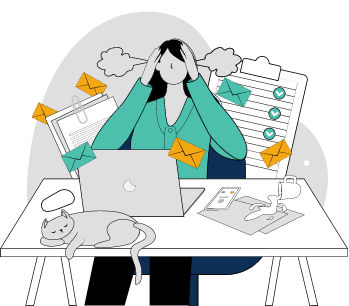Listen to this episode
On this episode
Joining us in this episode is Dr. Chris Hewitt who also uses the metaphor of a man-frog in coaching professionals to have a better work-life balance. Chris talks about why we find it so hard to recognize burnout. He also shares his top tips and practical strategies to address work dissatisfaction.
Show links
Check out the Permission to Thrive CPD membership for doctors!
Other You Are Not A Frog Episodes:
Connect with Chris on LinkedIn to know more about his Project Man-Frog!
Time to Think: Listening to Ignite the Human Mind by Nancy Kline
Coach Yourself to Success by Tom Preston
Frog, you may connect with him on LinkedIn.
Reasons to listen
- Discover different solutions for when you feel like a man-frog in a pan of slowly boiling water.
- Find out why it’s so tricky to recognise burnout.
- Chris shares his top tips to help a man-frog to improve their work situation.
Episode transcript
Dr Rachel Morris: Have you ever thought about doing something different with your life, but have been too scared to try? Or the thought of staying where you are and doing the same thing forever fill you with dread? In this episode, I’m chatting with Dr Chris Hewitt, GP, coach and educator about what it is to be a man-frog sitting in a pan of slowly boiling water. We talk about why we keep going in jobs and workplaces which aren’t suiting us, and the dangers of making a rash decision or no decision at all. We discuss what it…










